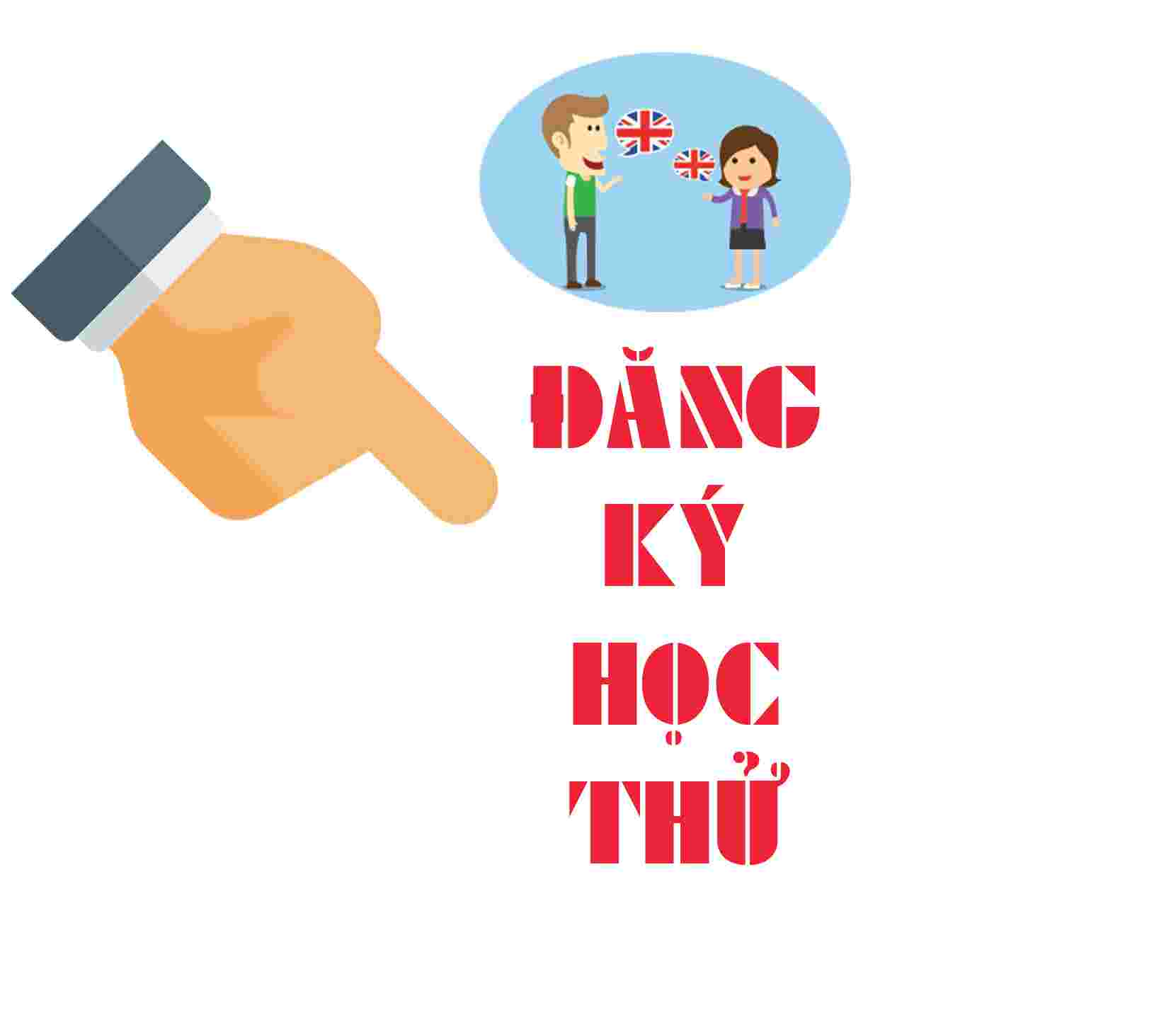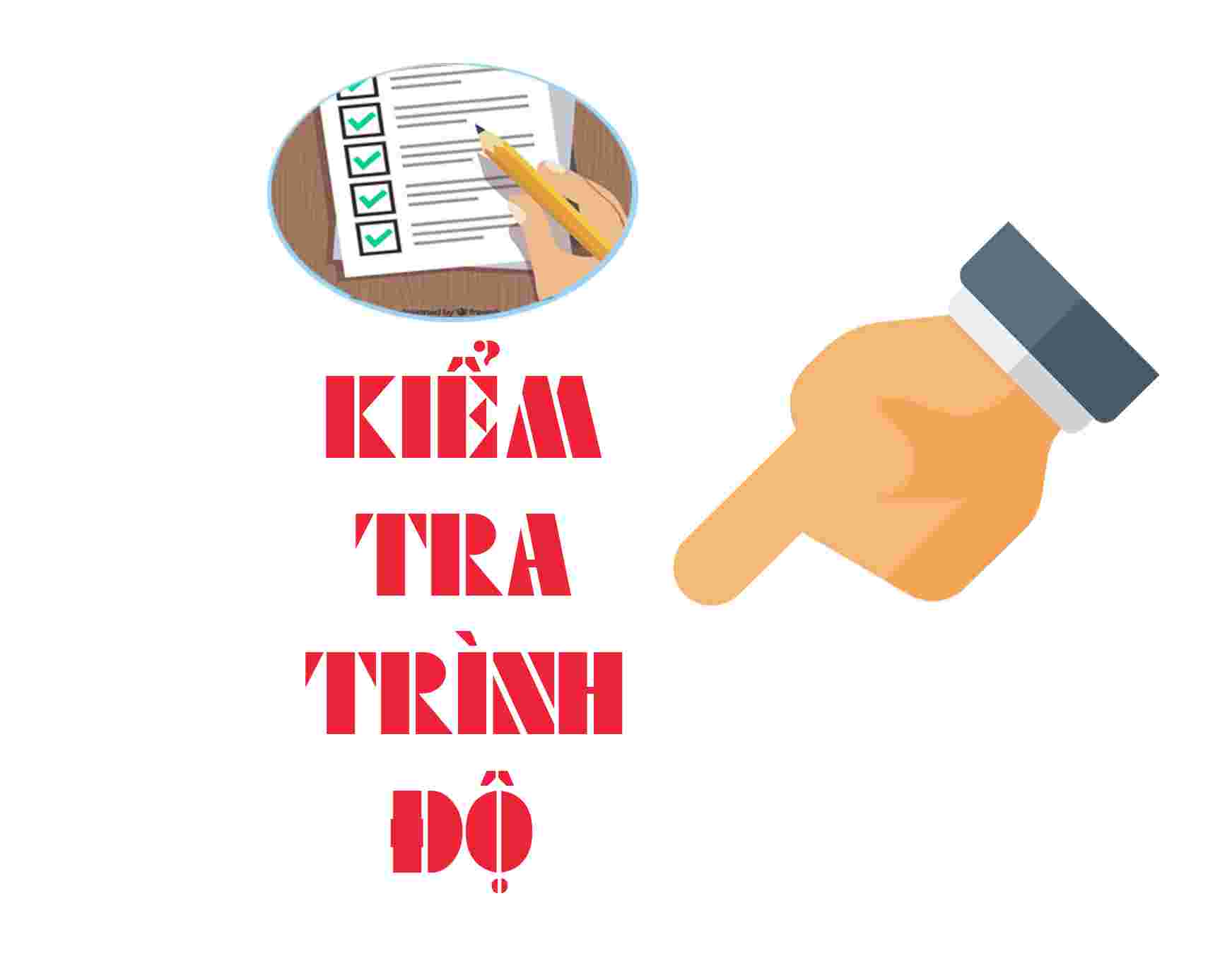‘IQ
gets you hired, EQ gets you promoted’
Soft skills are personal attributes that enhance an individual's interactions, job performance, and career prospects. Unlike hard skills, which are about a person's skill set and ability to perform a certain type of task or activity, soft skills relate to a person's ability to interact effectively with coworkers and customers and are broadly applicable both in and outside the workplace.
EQ is a vital part of leadership training. Research has shown leaders today need the necessary Soft Skills in order to make decisions. Directors and managers today need to be more team-oriented, capable of multitasking and leading without rank, and able to resist stress and make sure that his or her subordinates do not burn out.
A person's Soft Skill EQ is an important part of their individual contribution to the success of an organization. Particularly those organizations dealing with customers face-to-face are generally more successful, if they train their staff to use these skills. Screening or training for personal habits or traits such as dependability and conscientiousness can yield significant return on investment for an organization.
EQ is a vital part of leadership training. Research has shown leaders today need the necessary Soft Skills in order to make decisions. Directors and managers today need to be more team-oriented, capable of multitasking and leading without rank, and able to resist stress and make sure that his or her subordinates do not burn out.
A person's Soft Skill EQ is an important part of their individual contribution to the success of an organization. Particularly those organizations dealing with customers face-to-face are generally more successful, if they train their staff to use these skills. Screening or training for personal habits or traits such as dependability and conscientiousness can yield significant return on investment for an organization.







